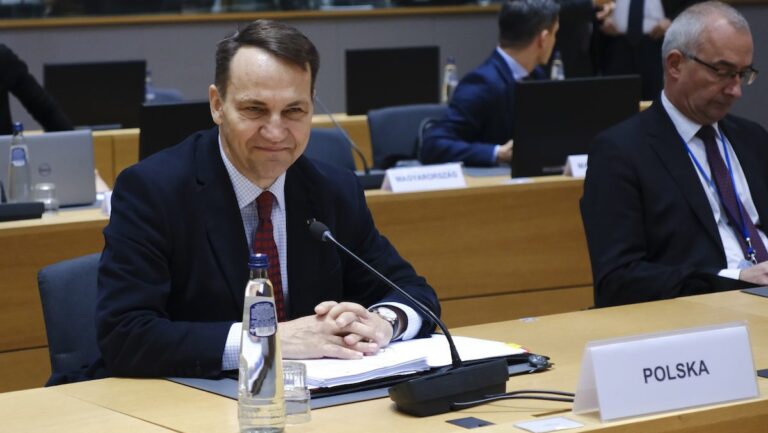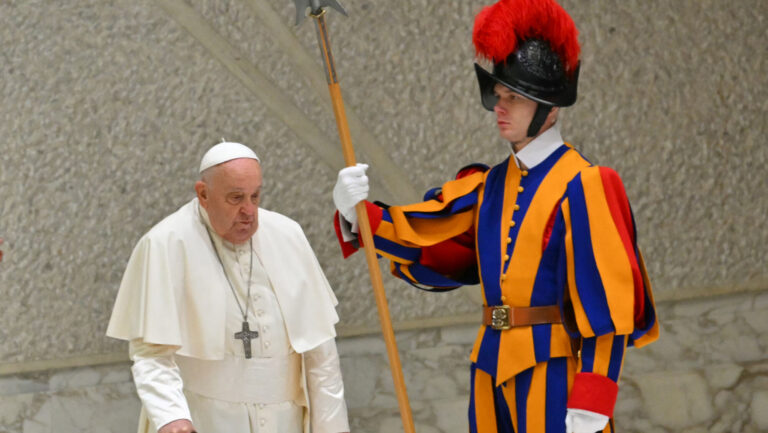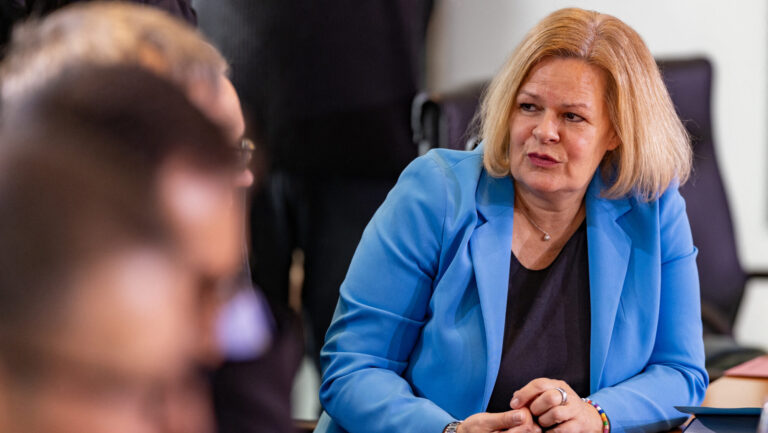Just a few days before the French return from their holidays, President Emmanuel Macron gave a wide-ranging interview to the magazine Le Point to sketch out the broad outlines of his political action for the coming weeks, with one stated priority, immigration, which he says he wants to “significantly reduce.”
The interview, published on Wednesday, August 23rd, devotes a great deal of space to the issue of immigration at a time when MPs will have to return to the National Assembly to consider a bill that has been on the table for a few months and has been postponed several times.
The stakes are high, as the government is still not sure that it can muster a majority of MPs needed for this bill to pass. According to the president, it will probably be necessary to “enrich” the text with additional provisions in the hope of obtaining a consensus—without commenting on the content of these additions, which risk weakening the overall coherence of the law.
In his interview, Emmanuel Macron tried as usual to maintain a difficult rhetorical balance. He categorically refuted the idea of a flood of immigrants: “Are we being swamped by immigration? No. That’s not true,” he insisted. But he immediately added:
That said, the situation we are in is untenable and we must significantly reduce immigration, starting with illegal immigration. We have an obligation to achieve results.
This call for rigour on migration is a direct consequence of the riots that shook France at the end of June, even if Emmanuel Macron refuses to admit it explicitly. During the days of violence that followed the death of young Nahel at the hands of a police officer, many political figures—in France and abroad—made the obvious link between the explosion of violence and uncontrolled immigration. During the summer, sordid events such as the barbaric rape of a 29-year-old woman in Cherbourg once again highlighted the immigrant origins of the perpetrators. After his plea to control migratory flows, Macron went on to stress the need to “recivilise” France. He had already spoken a few months ago, just before the riots, of the process of “de-civilisation” damaging France today.
As for the rest of his agenda, Macron also touched on education issues just a few days before the start of the new school year and expressed his desire to bring pupils back to school earlier—from August 20th—a measure that is likely to be highly unpopular, given that France is already one of the countries where children spend the longest time at school, with increasingly uncertain results. He also briefly touched on the situation in Africa, praising France’s past action in West and Central Africa without dwelling on the fact that the French are now personae non gratae in a growing number of countries with which it has had privileged links in the past.
The last important piece of information to come out of this interview was purely political. In the absence of a solid majority in the National Assembly, Emmanuel Macron has announced his intention to resort to a referendum between now and the end of his term of office.
The referendum, despite being designed to be one of the pillars of the constitution of the Fifth Republic as conceived by General de Gaulle in 1958, has not been used in France since 2005. The result of this last referendum left painful memories in the minds of the French, who voted overwhelmingly against the European Constitutional Treaty at the time, but without their vote subsequently respected.
For the time being, Macron has not said anything about the possible subject of the referendum question he intends to put to the French people and has simply mentioned subjects with a fairly broad spectrum: “the family, schools, universal national service, the transmission of our culture, our language, the regulation of screens,” or “our organisation and our institutions in all territories.”






